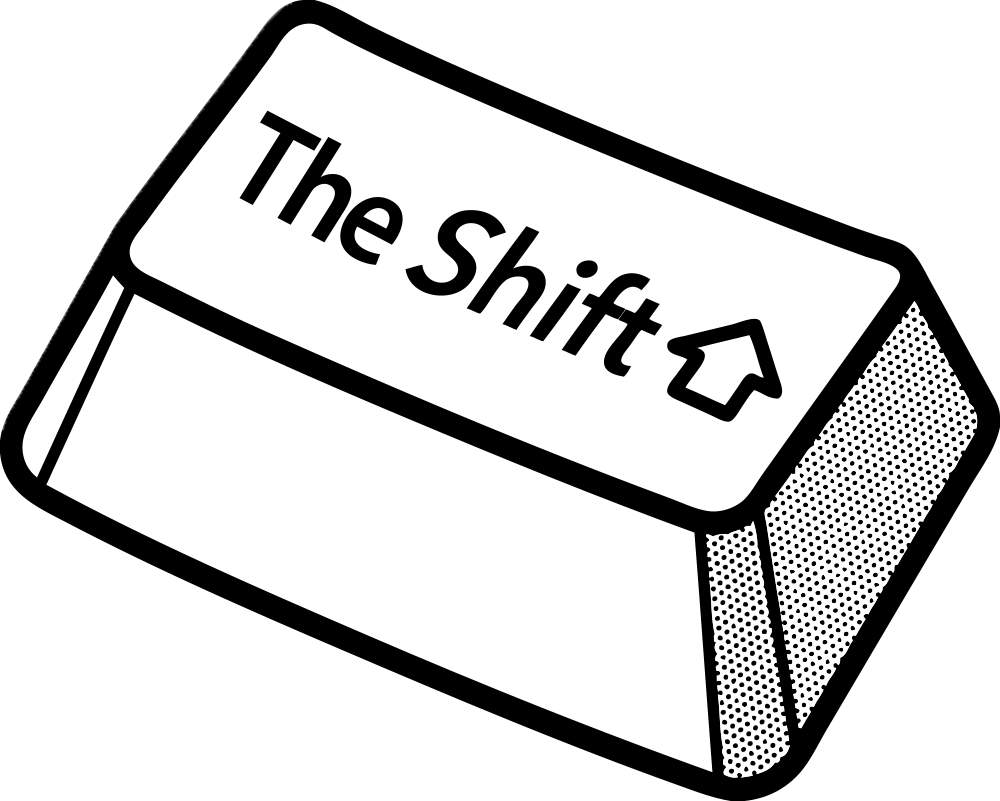The Trap of Resolutions
Why do most resolutions not stick? They share one un-sticky thing in common: They are largely built around the idea that you’re not good enough.
In the world of logic there is a guiding principle that if your first premise is wrong then an argument will never hold water. The first mover is always the most powerful in any logical sequence. This is also true in the logic of personal development.
Why do most resolutions not stick? They share one un-sticky thing in common: They are largely built around the idea that you’re not good enough.
When you start with I need to lose weight because I am ugly, or I need to be a better person because I don’t like who I am, guess what your future has in store – a yearly revisiting with the same resolutions. You have just started an argument with yourself that is not only not persuasive, but it is downright self defeating – you are literally at odds with yourself. You may win the first battle in that argument, but you won’t win the argument war.
Yearning for that which you are not
There is a troubling trend in the world of mainstreamed personal development that the only way to stimulate positive change in life is by reminding people that they are inadequate – “do this, stop that, get this” – change is a commodity we buy into. People internalize those messages and then build their change process on shaky ground. They literally construct a cage of not good around themselves, as they buy more and more into “if only” – If only I was smarter. If I only I was more mindful. If only I was more compassionate. Their change potential gets locked up in a cage of expectation. That is one cage match you always lose because it’s built on the false idea that you’re in a battle with a real foe – the made-up ideal of yourself. Guess who invented that character? You guessed it, your “lesser” half. The mind is funny that way; it will set itself against itself simply to continue problem solving.
When we desire to live out a life that is not our own, we get stuck in a change paradigm that pits our “better” self against our “lesser” self. Most people fail to reconcile those two competing selves. Idealized selves are most often the ones that gather dust in the basement, like the exercise gear we purchased in a spirit of promise, or, yes, the resolutions we keep reviving year after year.
A person divided against themselves is by definition out of integrity with their lives; integrity from the word integral meaning whole or in a state of oneness, juxtaposed to doubt, meaning a mess of double-minded trouble.
In the conventional change mindset, I persuade myself that I am “wrong” and then set out to make it “right”. This can express itself in all forms of repression or suppression, including avoidance, self hate, and self judgment. Even more troubling, repression is very elastic – it has a way of snapping back at you with increasing tension, like a rubber band stretched to its limits. It’s particularly snappy when we create a specific change-related expectation and feel like we fail to reach that goal. Those sting the most.
